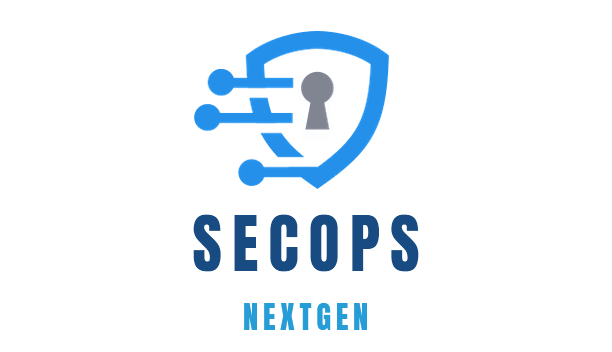As the healthcare industry continues to evolve, artificial intelligence (AI) is emerging as a transformative force, reshaping the way patient care is delivered. From enhancing diagnostic accuracy to streamlining administrative processes, AI is poised to revolutionize various aspects of healthcare. This article explores some of the most dynamic innovations powered by AI and their implications for patient care.
1. Enhanced Diagnostic Accuracy
One of the most significant contributions of AI to healthcare lies in its ability to improve diagnostic accuracy. Machine learning algorithms are being utilized to analyze vast datasets, enabling healthcare providers to make more informed decisions. For instance, AI-driven imaging analysis tools can interpret medical images, such as X-rays and MRIs, with remarkable precision. By training on thousands of images, these algorithms can identify patterns that might be missed by the human eye, leading to earlier and more accurate diagnoses of conditions like cancer or neurological disorders.
A notable example is Google’s DeepMind, which has developed an AI model capable of detecting eye diseases from retinal scans with greater accuracy than seasoned ophthalmologists. Such advancements not only enhance patient outcomes but also alleviate pressure on healthcare professionals, allowing them to focus on more complex cases.
2. Personalized Treatment Plans
AI is also playing a crucial role in the creation of personalized treatment plans for patients. By analyzing individual patient data, including genetics, medical history, and lifestyle factors, AI systems can recommend tailored therapeutic approaches. This precision medicine model takes into account the unique characteristics of each patient, deviating from the traditional one-size-fits-all approach.
For example, IBM Watson Health leverages AI to analyze extensive medical research and clinical data. By matching patients with clinical trial opportunities and suggesting personalized drug regimens, Watson helps healthcare providers offer targeted therapies that are more likely to lead to successful outcomes. This personalized approach not only boosts efficacy but also minimizes side effects, enhancing the overall patient experience.
3. Predictive Analytics for Proactive Care
AI’s predictive analytics capabilities are revolutionizing proactive healthcare management. By analyzing patient data and identifying risk factors, AI algorithms can forecast potential health issues before they become critical. This allows healthcare providers to intervene early, enhancing preventive care and potentially saving lives.
For instance, AI systems are being employed to predict hospital readmissions by analyzing a patient’s medical history, social determinants of health, and treatment plans. By flagging high-risk patients, healthcare providers can implement targeted interventions, such as follow-up appointments or additional care resources, leading to improved patient outcomes and reduced healthcare costs.
4. Streamlining Administrative Processes
Administrative tasks in healthcare can be time-consuming and prone to error. AI is streamlining these processes, allowing healthcare providers to devote more time to patient care. Natural language processing (NLP) algorithms can automate administrative documentation, billing, and scheduling, reducing the burden on healthcare staff.
Furthermore, AI-driven chatbots and virtual assistants are enhancing patient engagement by facilitating appointment bookings, answering FAQs, and providing medication reminders. This not only improves operational efficiency but also empowers patients to take charge of their healthcare journey.
5. Remote Monitoring and Telehealth
The COVID-19 pandemic accelerated the adoption of telehealth, and AI is enriching these remote healthcare services. AI-powered wearables and mobile health applications are enabling continuous patient monitoring, allowing healthcare professionals to track vital signs and health data in real time.
For instance, AI algorithms can analyze data from wearable devices to detect irregular heart rhythms or potential health crises, prompting immediate intervention. These innovations not only enhance patient safety but also promote convenience, as patients can receive timely care from the comfort of their homes.
6. Ethical Considerations and Challenges
While the potential of AI in healthcare is immense, it is vital to address the ethical considerations and challenges associated with its implementation. Issues surrounding data privacy, algorithmic bias, and the need for transparency in AI decision-making processes must be navigated carefully. Ensuring that healthcare professionals receive adequate training to work alongside AI tools is also critical for maximizing their benefits while minimizing risks.
Conclusion
The convergence of AI and healthcare is paving the way for a future where patient care is more accurate, personalized, and efficient. As innovations continue to unfold, the potential for improved health outcomes is tremendous. However, the successful integration of AI in healthcare requires collaboration among stakeholders, including medical professionals, data scientists, and regulatory bodies. By harnessing the power of AI responsibly, we can herald a new era of healthcare that is not only technologically advanced but also patient-centric. As we stand on the brink of this revolution, the promise of AI in transforming patient care remains a beacon of hope for a healthier future.





Deixe o seu comentário